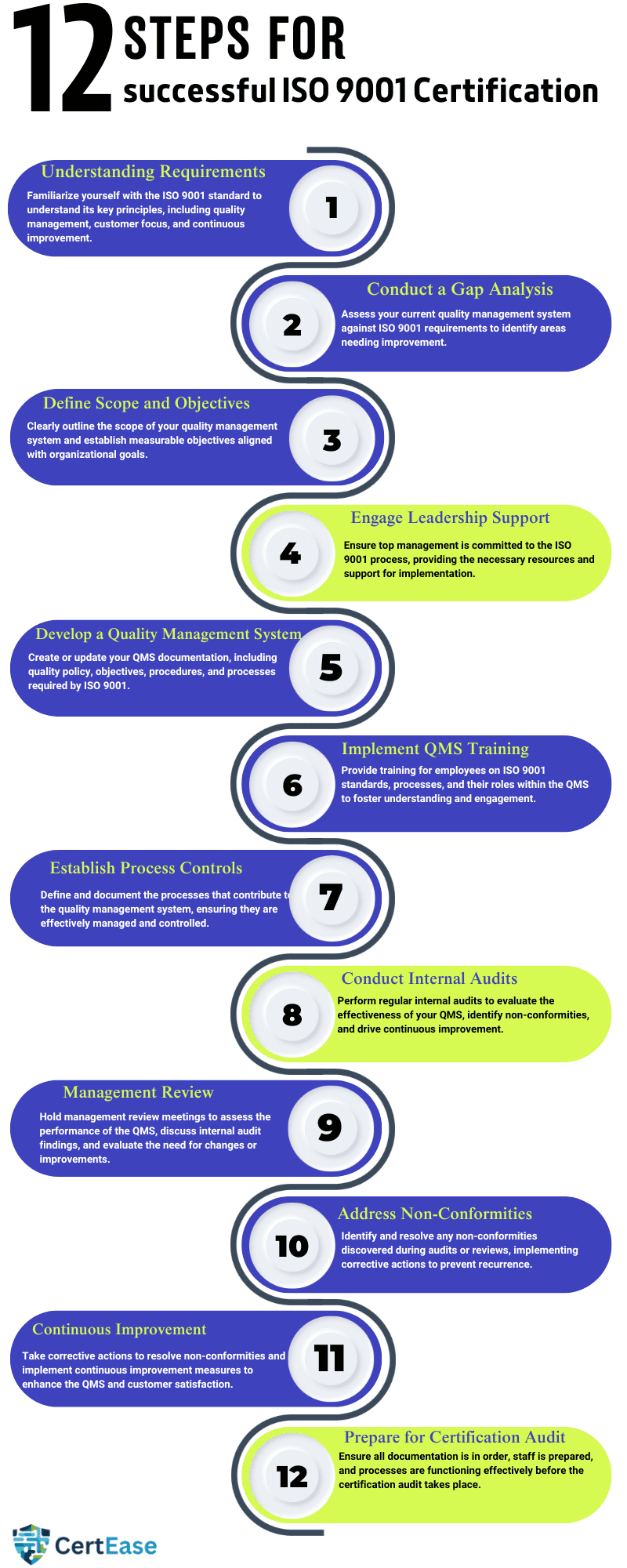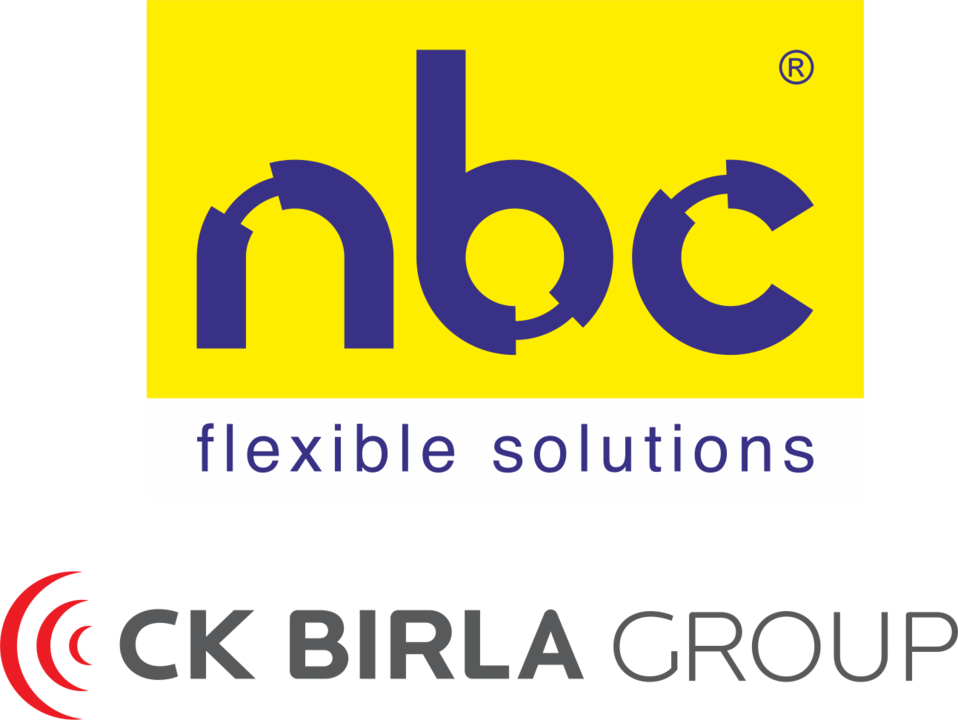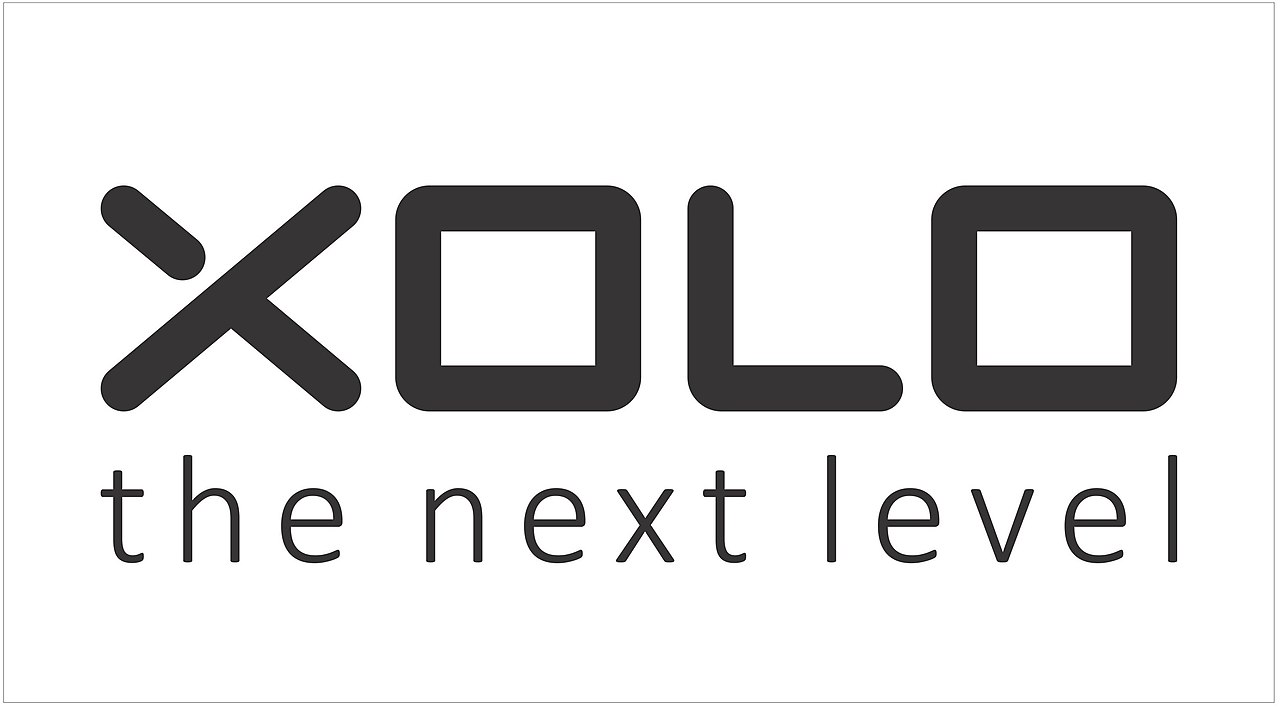Please fill out the details below, and one of our executives will be in touch with you shortly!
CertEase is one of the globally recognized & top ISO 9001 consultants in Russia. Well known for providing ISO 9001 consulting services in Russia and across major cities which include Moscow, Saint Petersburg, Novosibirsk, Yekaterinburg, Nizhny Novgorod, Kazan, Chelyabinsk. The main aim of CertEase is to make ISO 9001 certification accessible and affordable for all organizations that are looking to get QMS compliant in Russia, At CertEase, Our consultants are specialized in guiding organizations throughout the entire implementation process of quality management. Whether you’re a small start-up or a large organization, developing & maintaining quality in your product or services is very important. ISO 9001 certification helps organizations showcase the commitment to implementing and maintaining strong Quality Management Systems (QMS) in Russia that help organizations meet global quality standards.
Our ISO 9001 consultation services in Russia cover end-to-end steps of the ISO 9001 implementation process starting from gap assessment, training, documentation, internal audit, registration, third-party audit & assistance in clearing the audit & obtaining the 9001 certification. Our ISO 9001 consulting services in Russia meet the specific requirements of each organization & its nature of business and provide tailored solutions. ISO 9001 is not about just getting certification it is about how an organisation implements strong processes and controls to manage and maintain quality efficiently & effectively. From initial gap assessment to external certification audit, ISO 9001 ensures that the organization complies with international level of quality standards which helps reduce costs, maintain safety & improve the quality of the overall product & services. Get in touch with our team to guide you through the ISO 9001 certification process in Russia and improve the quality and efficiency of your product & services and become a QMS-friendly organization.

ISO 9001 is an international standard for quality management systems (QMS), the standard provides a framework for organizations to establish, implement, maintain, and continually improve the quality of products and services consistently & improve customer satisfaction and overall efficiency of the operation. This quality standard is recognized internationally and can be implemented in any type of organization regardless of size, industry, or nature of business. ISO 9001 was first introduced in the year 1987. The standard was developed by the International Organization for Standardization (ISO). The standard has undergone several revisions since then, with significant updates in 1994, 2000, and 2008, and the most recent version of the ISO 9001 standard was published in the year 2015, and is referred to as “ISO 9001:2015.”
QMS meaning – QMS stands for Quality Management System it is a structured framework that organizations use to manage and improve their processes, policies, and procedures related to quality. It aims to improve customer satisfaction by delivering quality products and services consistently that meet customer expectations & improve their satisfaction. A QMS in Russia includes planning, controlling, and monitoring processes to achieve quality objectives. The standard includes principles related to continuous improvement and risk management. Implementing a QMS can lead to increased efficiency, reduction in waste, and better compliance with legal & regulatory requirements, helping improve the organization’s overall success and reputation in the market.
ISO 9001 certification cost in Russia can differ from one organization to another based on several factors such as the size of the organization, the complexity of the process & operations, the number of locations, number of employees & departments operating within the company. The major expenses include hiring an ISO 9001 consultant in Russia to implement the QMS to get the organization compliant with the requirements of ISO 9001 standards. The main role of the ISO 9001 consulting agency in Russia is to assess your current practices, conduct a gap assessment & list out the findings, and develop documentation that includes procedures, policies, and work instructions to meet the requirements of QMS.
The current state of the organization’s Quality management system (QMS) readiness plays an important role as well in calculating the cost and amounts of work that is needed. Organizations starting from scratch or not having quality control in place may require more extensive consultancy, training, and documentation development which may add up costs.
The other costs related to obtaining Quality management certification in Russia include training employees on quality protocols, and their roles & responsibilities, ISO 9001 documentation preparation, Internal audit, external auditing, and certification fees. & the choice of the certification body and their fees are some of the factors that affect the cost. Each ISO 9001 Accredited bodies in Russia charge different rates for initial assessments and surveillance audits. So cost may change from one certification body to another and from one accreditation to another. To know the approximate cost of ISO 9001 implementation in Russia you can drop an inquiry on our official website www.certease.com & you will receive a detailed proposal from our experts with the timeline, deliverables & cost for complete ISO 9001 certification services in Russia
ISO 9001 compliance in Russia is important in many industries where quality management is essential to develop & maintain consistency, reliability, and customer satisfaction. Below is the list of industries that may require ISO 9001:2015 certification.
ISO 9001 registration in Russia provides a framework for organisations to maintain continuous improvement and customer-focused processes across these industries, helping in organizational success and competitiveness.
ISO 9001 certification in Russia is usually provided by accredited certification bodies that have accreditation bodies which are recognized by the International Accreditation Forum (IAF). The IAF is a global association of accreditation bodies that is responsible for maintaining consistency and credibility of the accreditation bodies in the certification process in different countries across the globe.
ISO 9001 Accredited certification bodies in Russia undergo a strict assessment by these accreditation bodies to ensure they have the competence, impartiality, and capability to conduct ISO 9001 audits in Russia effectively. They should follow & meet the strict rules & regulations and standards set by the IAF, which also include requirements for qualifications of the auditors, auditing processes, reporting & other criteria.
Organizations looking for Information security ISO certification in Russia should choose always a certification body that is accredited by a recognized accreditation body that is affiliated with the IAF. This accreditation makes sure that the certification is credible & recognized internationally by customers and other interested parties across the globe, showcasing the organization’s commitment to an information security management system.
The ISO 9001 standard has 10 clauses. These 10 clauses provide a proper framework & plan for organizations that are looking to develop and maintain a quality management system (QMS) in Russia which helps in meeting customer requirements and maintaining continuous improvement in the process. Each clause has different requirements & guidelines aspects such as leadership, planning, operations, performance evaluation, and improvement, which cover most of the quality management principles.
These 10 clauses collectively provide a structured approach for organizations to develop and maintain a strong quality management system that regularly meets customer requirements improves overall performance and streamlines the process.
QMS certification in Russia offers many benefits for organizations looking to improve their quality practices. Here are some of the ISO 9001 benefits in Russia for the organisation that is looking to get ISO 9001 implementation & certification done:
ISO 9001 quality assurance in Russia can give long-term business success to organizations by increasing customer loyalty, improving efficiency in everyday operations, and a strong foundation for growth and sustainability.
The validity of a certification ISO 9001 usually lasts for three years. During this period of 3 years of span, the ISO 9001-certified companies in Russia must undergo regular surveillance audits from the certification body to maintain compliance with the Quality management system requirements. These ISO 9001 surveillance audits happen once every year & they serve as checkpoints to verify & confirm that the organization maintains its quality management system and continues to meet the necessary standards for maintaining the requirements of QMS. After the completion of the three-year validity period, the organization must undergo a recertification audit for ISO 9001 certification renewal in Russia, Which helps the company showcase its commitment to the quality of product or service and continual improvement.
Applying for ISO 9001 accreditation in Russia involves developing & maintaining several key documents to showcase that your organization meets the standard’s requirements. Below is the list of the common documents that are required for ISO 9001 standard compliance in Russia:
By preparing and organizing these documents, The organization will be eligible to apply for ISO 9001 accredited certification in Russia. Developing documents & maintaining them is about showing that your organization has a strong quality management system in place that meets the requirements of international standards.
Implementing ISO 9001 in Russia involves several key steps from starting from initial gap assessment to external audit:
By following these above steps organizations can effectively implement ISO 9001, and improve their quality management practices, and showcase their commitment to delivering quality products & services consistently & improving customer satisfaction.
The ISO 9001 standard highlights seven key quality management principles. These principles are very important to maintaining a quality management system and marinating continuous improvement within the organisation.
These ISO 9001 principles provide a framework for organizations to improve the overall performance of the organisation and focus on customer satisfaction, while also giving importance to leadership, people, processes, and continual improvement.
If you are looking for an ISO 9001 consulting firm in Russia to get assistance in ISO 9001 implementation, CertEase stands out as one of the best choices. With their extensive experience in the industry for over 15 years and dedication to quality & consistency in service, CertEase offers tailored solutions to make sure your processes meet the highest level of international quality standards. Their team of experienced professionals provides expert guidance & assistance throughout the ISO 9001 implementation process, from initial project planning till you receive the final certification, ensuring smooth compliance with the requirements of the 9001 standard. Partnering with CertEase it is assured that your organization will receive support & personalized attention in every step of the ISO 9001 implementation process, which leads to improved efficiency, reliability to your operations, and compliance with legal & regulatory requirements. Choose CertEase for exceptional ISO 9001 consulting services that will help your organization succeed and improve customer satisfaction.
Hiring an ISO 9001 consulting company in Russia is important for organizations because they can help expedite the ISO 9001 implementation process in Russia & provide expert guidance for organizations in all the ISO 9001 implementation millstones & provide assistance where it is necessary & increase the chances of successful certification. ISO 9001 Consultants in Russia also help streamline your organization’s existing process & improve your organization’s QMS practices. Below mentioned are some of the roles & responsibilities of ISO 9001 consultancy in Russia.
In general, hiring an ISO 9001 consulting agency can help the organization develop and maintain a solid QMS that not only meets ISO standards but also promotes continual improvement improves overall performance of the business, and improves customer satisfaction.
If you are looking for ISO 9001 certification online in Russia, reach out to CertEase, one of the leading ISO 9001 consulting agency known for providing reliable & quality services. Our seasoned team of 9001 consultants is dedicated to guiding the organization throughout the entire implementation process step by step. Connect with us at +91 8951732524 or via email at contact@certease.com to begin the process.
Start the certification process by making an inquiry with us on our official website www.certease.com. We’ll begin with an initial consultation to check your organization’s current quality practices and readiness for ISO 9001 standard compliance. Our consultants will then conduct a detailed gap assessment to check areas that require attention to meet the requirements of ISO 9001 standards.
Our ISO 9001 experts in Russia will assist you in developing the necessary ISO 9001 documentation which includes policies, objectives, procedures, and processes tailored to your specific needs. Our consultants will also provide support and training to the team to prepare for the ISO 9001 external certification audit.
Once the Quality management system is developed, we will perform internal audits to ensure compliance with ISO 9001 requirements. Subsequently, an ISO 9001-accredited certification body will conduct an audit to evaluate your QMS. Upon successful completion of the audit, the certification body will issue an ISO 9001 certificate along with an audit report, showcasing your organization’s commitment to quality and sustainability.
Start your journey towards ISO 9001 quality management in Russia with CertEase today to elevate your quality performance.
Choosing the right ISO 9001 consultants involves checking for their previous experience & projects & making sure they understand your industry and the requirements of your organization which should include case studies and client testimonials. Set up a face-to-face meeting with the consultant to discuss your needs & requirements and check for their knowledge & compatibility with the consultant. Discuss the scope of the project, timeline, and deliverables before finalizing the contract with the agency & make sure to monitor regularly the progress get necessary updates, and provide feedback so that the project stays on track. Following these steps will help you hire a qualified ISO 9001 consulting company in Russia to support your organization in achieving an ISO 9001 accredited certificate in Russia & building a strong Quality management system

Directly or indirectly improving the organization’s profits in the short/long term in a sustainable manner
Our seasoned professionals bring expertise to every project, ensuring precision and success.
Our dedicated team ensures reliability and prompt solutions around the clock, Count on us for unwavering support.
Our experts bring verified proficiency to address your specific needs. Choose assurance, choose excellence.
Tailored to suit your specific business needs, our services make it effortless for you to obtain high-quality certifications.








Please complete the form below to receive a detailed Cost Estimation.
